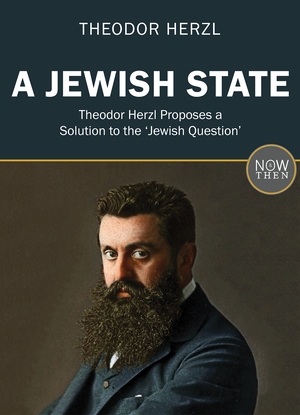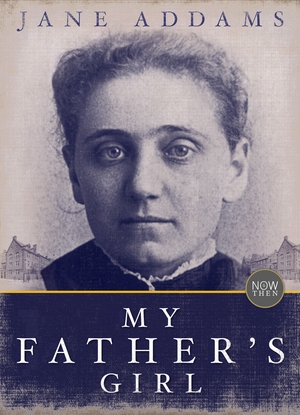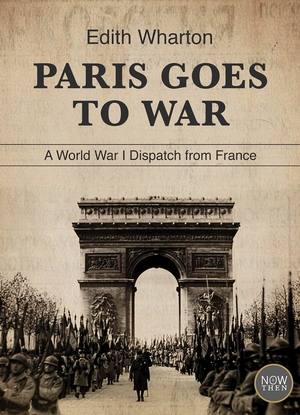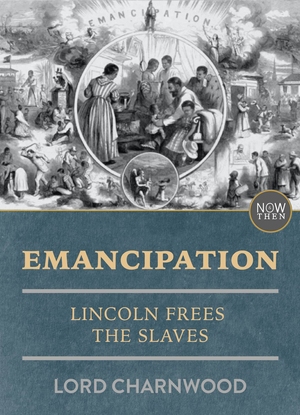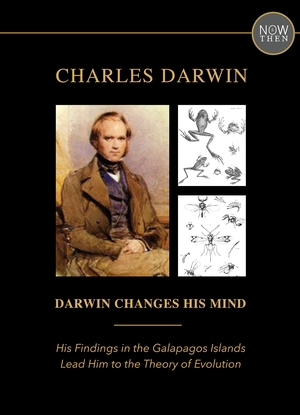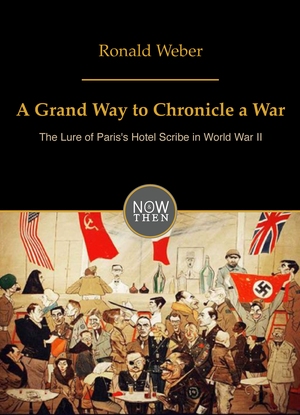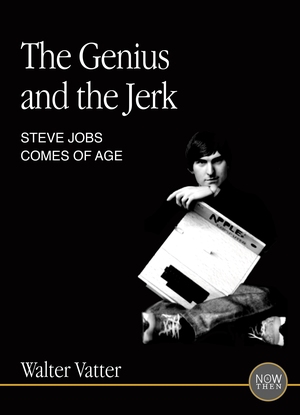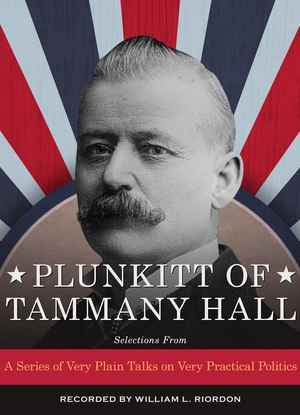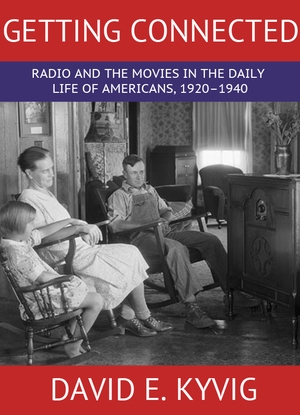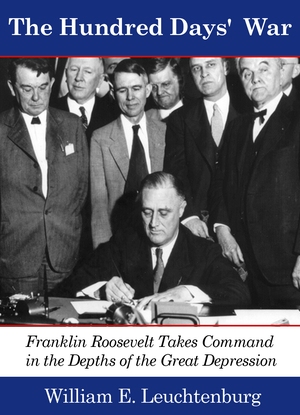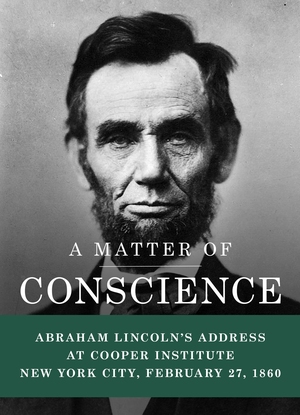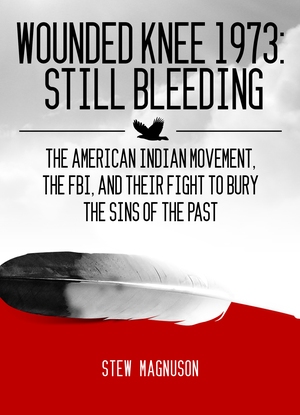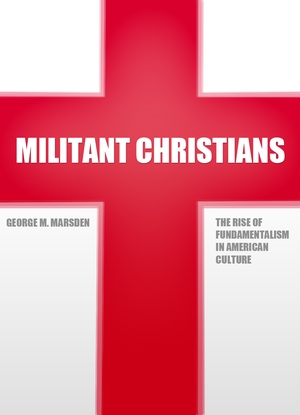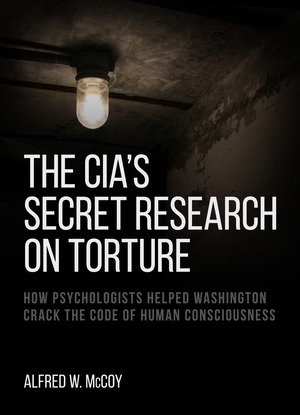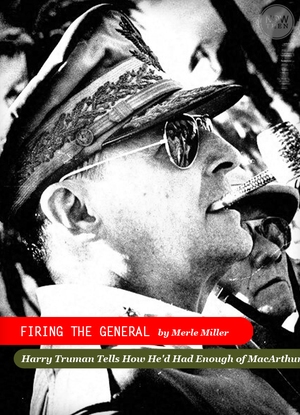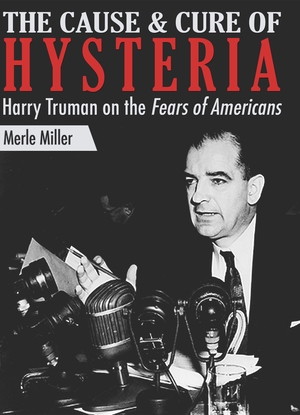Nonfiction Books and Essays
Featuring good writing for serious readers, Now and Then short-form nonfiction books and essays are available exclusively as Kindle books, Nook Books, iPad books or ebooks for other popular mobile devices.
Each week, we publish original titles, excerpts from forthcoming books, and reprints of work worthy of being read again. We focus on writing that is historically based but also has relevance for present day events.
Our latest titles can be found in the list below.
Radio and the Movies in the Daily Life of Americans, 1920-1940
by David E. Kyvig
United States History, American History, U.S. HistoryEarly-20th-century electrification affected the daily lives of millions of ordinary Americans. Electric lights lengthened days and reshaped nights. As its use expanded, electricity prepared the way for radio and the movies, new marvels of the age.
Franklin Roosevelt Takes Command in the Depths of the Great Depression
by William E. Leuchtenburg
United States History, Political Science, American History, U.S. History, U.S. Government, EssaysWhen Franklin Roosevelt came to the White House, 13 million—roughly 25 percent of the work force—were unemployed. By the day of his inauguration, thirty-eight states had closed their banks. Soon the nation would witness the most furious period of legislative activity in American history.
Abraham Lincoln's Address at Cooper Institute, New York City, February 27, 1860
by Abraham Lincoln
United States HistoryAt this crucial moment for his presidential ambitions, Lincoln addressed the consuming issue of federal power to prohibit slavery in the western territories. He also had to face Southern distrust of his Republican party, formed just six years earlier by anti-slavery activists. Finally, he considered the moral question of slavery, which he found intrinsic to any discussion of Southern desires and Northern proposals. His remarks were designed to make clear where he stood—and where he thought the Union should stand.
The American Indian Movement, the FBI, and Their Fight to Bury the Sins of the Past
by Stew Magnuson
United States HistoryIn 1973 the American Indian Movement occupied the symbolic site of Wounded Knee village in a protest against the U.S. government. Stew Magnuson tells why the anger and resentment on both sides continues to this day.
The Rise of Fundamentalism in American Culture
by George M. Marsden
United States History, U.S. History, Essays, ReligionFundamentalists, uneasy with modernity and with the American social and moral landscape, prefer the Bible’s teachings—in their faith, in their personal lives, and in the larger life of the nation. Here’s why.
How Psychologists Helped Washington Crack the Code of Human Consciousness
by Alfred W. McCoy
American HistoryWhen the CIA first looked into effective methods of torture in the 1950s, it found two major sources of aid. The first was information gleaned by the Nazis during World War II from concentration-camp experiments. The second was the cooperation of professional psychologists, many with leading university positions, who agreed to conduct questionably ethical experiments to show how prisoners might be broken through psychological torture. Alfred McCoy here explores the sordid and often outrageous practices of the CIA and its helpmates.
Harry Truman Tells How He'd Had Enough of MacArthur
by Merle Miller
United States History, Military History, American History, U.S. History, U.S. GovernmentNo episode in the Truman years caused a greater uproar than his firing of Gen. Douglas MacArthur during the Korean War. MacArthur wanted to expand the war; Truman sought a limited conflict. The always candid former president explains what happened.
Harry Truman on the Fears of Americans
by Merle Miller
U.S. HistoryThroughout American history, unscrupulous politicians have stoked fear among the people by calling certain “outsiders” threats to society. Senator Joseph McCarthy’s anti-Communist crusade prompted Harry Truman to reflect on the nature of demagoguery.
